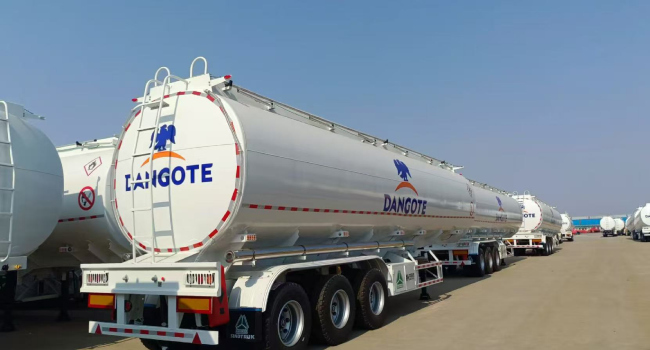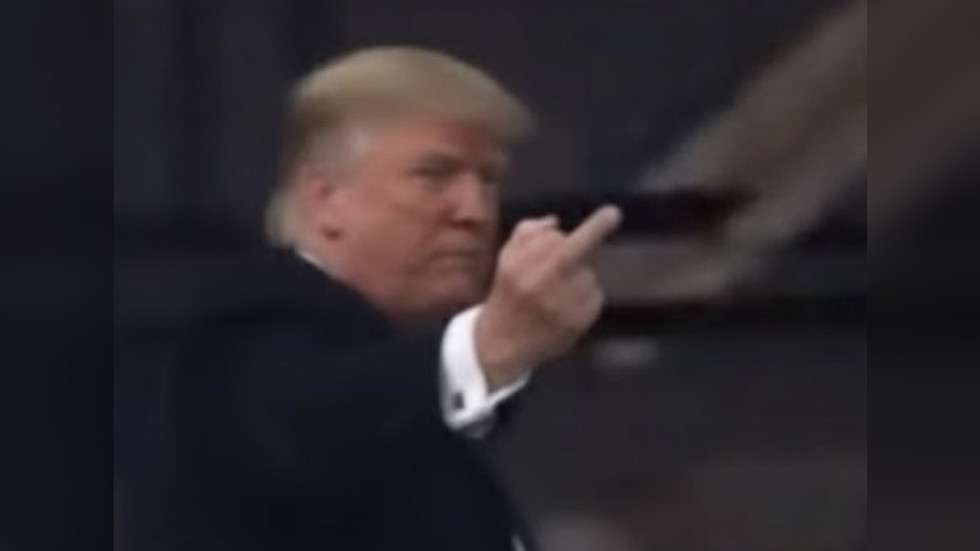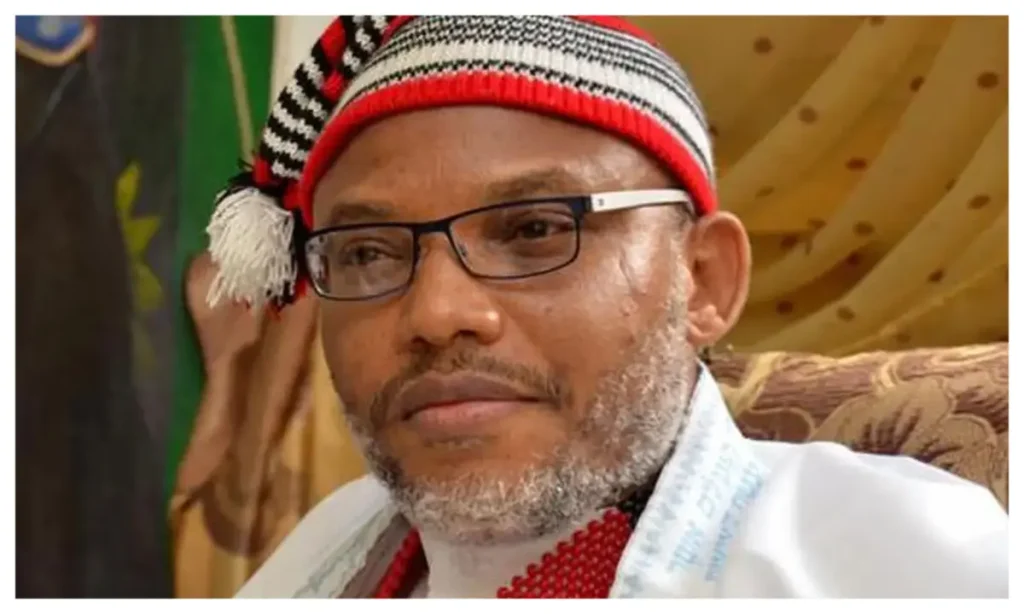Escalating Tensions: Israel-Iran War Enters Second Week with Renewed Strikes
The conflict between Israel and Iran has intensified, with the second week of the war marked by renewed strikes, despite diplomatic efforts to de-escalate the situation. Talks between European ministers and Iran’s top diplomat, held in Geneva, failed to yield a breakthrough, lasting only four hours on Friday. Meanwhile, U.S. President Donald Trump continues to weigh the possibility of military involvement, sparking concerns over potential strikes on nuclear reactors.
European officials, although disappointed by the lack of progress, remain hopeful for future negotiations. Iranian Foreign Minister Abbas Araghchi expressed openness to further dialogue, but emphasized that Tehran is not interested in negotiating with the U.S. while Israel continues its attacks. This stance underscores the complexities of the conflict, with multiple parties involved and differing interests at play.
International Calls for Diplomacy
Russian Foreign Ministry spokesperson Maria Zakharova emphasized the critical importance of political and diplomatic solutions to resolve the Iranian nuclear issue. Speaking on the sidelines of the 28th St. Petersburg International Economic Forum, Zakharova warned of the potential for nuclear confrontation amid ongoing tensions. She called for balanced international measures to ensure regional security and the peaceful use of nuclear energy. This appeal for diplomacy highlights the urgent need for a negotiated settlement to prevent further escalation.
Threats and Counter-Threats
In a concerning development, a senior adviser to Iran’s Supreme Leader, Ali Khamenei, vowed to make Rafael Mariano Grossi, the head of the International Atomic Energy Agency (IAEA), "pay" once the war with Israel is over. This threat comes in response to Grossi’s statements about the status of Iran’s nuclear program, which some Iranian officials believe incited the Israeli surprise attack last week. Grossi, however, told the United Nations’ Security Council that while Iran has the material to build a nuclear bomb, it appears they have no plans to do so. This exchange of threats and counter-threats raises the stakes, making a diplomatic resolution even more crucial.
As the conflict enters its second week, the international community remains on high alert, watching for any signs of escalation or diplomatic breakthroughs. With the situation still fluid and volatile, one thing is clear: a peaceful resolution to the Israel-Iran war is essential to preventing further bloodshed and instability in the region. The world waits with bated breath, hoping that diplomacy will prevail over military might, and that a path to peace can be forged amidst the chaos.


![terrorists exchange gunfire with nigerian troops in kogi state Troops, terrorists exchange gunfire in Kogi [VIDEO]](https://mediatalkafrica.com/wp-content/uploads/2026/01/xTerrorists-Exchange-Gunfire-With-Nigerian-Troops-In-Kogi-State-1024x768.jpeg.pagespeed.ic.-0GWWsVqRd.jpg)
